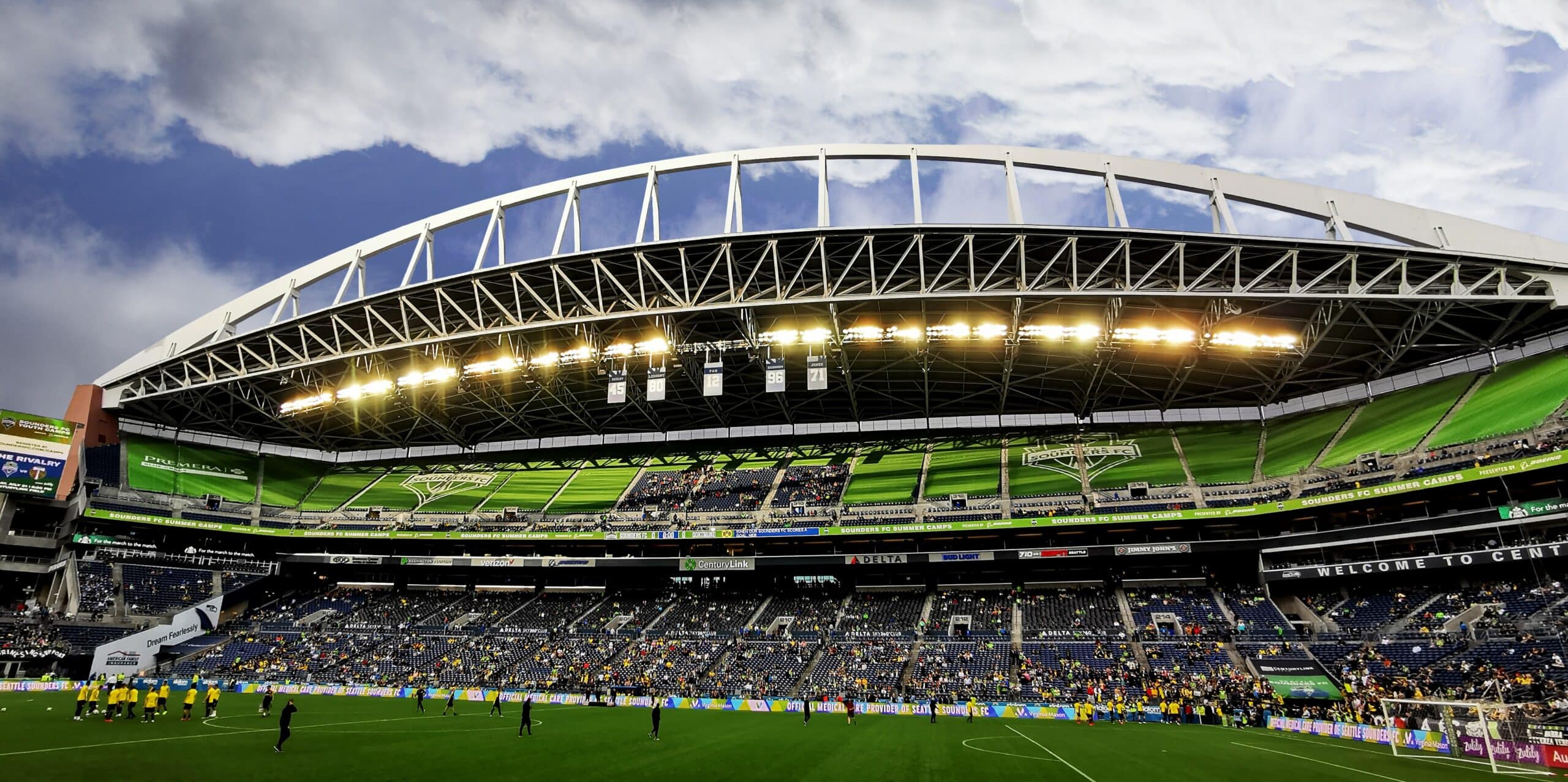In a recent press release, New Jersey Attorney General Matthew J. Platkin, and Division of Gaming Enforcement (“DGE”) Director David Rebuck, announced several new initiatives to strengthen New Jersey’s responsible gambling protocols. In addition to creating a new position dedicated to responsible gaming, the effort establishes new industry advertising standards, among other things. These new marketing guidelines provide “minimum” best practices for all forms of related advertising, including print, broadcast, and digital marketing. With the release of these best practices, the rules of the road for New Jersey gambling marketing campaigns just got more restrictive. Any advertising efforts will now be scrutinized in accordance with this comprehensive effort. Advertising agencies and operators of existing and new gambling marketing initiatives in New Jersey should adhere to these new best practices guidelines or risk regulatory repercussions. How do you protect your business from adverse regulatory attention? Reach out to an experienced gaming law firm with extensive experience before setting up gaming marketing campaigns in the State of New Jersey.
Focus of New Jersey Gambling Marketing Guidelines
Online and sports gambling revenues are continuing to grow in New Jersey. From March 2022 to March 2023, local state casinos and associated partners reported an increase of 17.8% in revenue (from $165.7 million to $140.7 million). DGE Director David Rebuck explained, “[i]n the face of that boom, we have a duty to protect the public from advertising that could be misleading or harmful . . . .” To promote responsible gambling, and likewise, to protect consumers, the New Jersey gambling marketing guidelines are extensive and cover a wide range of issues. Areas of focus include: 1) prominently displaying New Jersey’s 1-800-GAMBLER hotline in all ads; 2) ending dubious promises of “guaranteed wins” and “risk-free” bets if patrons will not be fully compensated for the loss of their funds; 3) making wagering requirements clear in all respective terms and conditions; 4) limiting advertising in locations where it would entice those under 21 years of age to play; and 5) providing the public with the ability to swiftly opt-out of direct advertising.
DGE Enforces New Jersey Gambling Marketing Regulations
The DGE will not hesitate to pursue companies that violate New Jersey gambling marketing laws. For example, in 2019, the DGE notified the company, Oddshark.com and its operators, that their promotion of illegal gaming sites violated Federal, and New Jersey State gambling marketing laws. Upon receipt of the DGE notice, Oddshark.com immediately ceased operations and posted an “ACCESS DENIED” message that appeared when New Jersey State residents visited the website. At the time, Oddshark.com faced criminal and civil penalties for violating applicable regulations.
Marketing affiliates that promote New Jersey gaming venues must abide by applicable gambling marketing laws to avoid regulatory penalties. Affiliates should take heed of OddsShark.com’s example – the income they will miss out on, and the potential civil and criminal violations that they faced.
How to Comply and STAY Compliant with Gambling Marketing Laws
Gambling venues are more accessible than ever in the State of New Jersey. As the industry continues to expand, so too does the State AG’s attention to problematic marketing issues. The best interests of the consumer is of paramount importance to New Jersey State lawmakers. By releasing their “Best Practices” guidelines, State regulators are putting companies on notice: comply with these guidelines or face regulatory action. To avoid future problems with the AG and DGE, it is absolutely essential that your gambling marketing materials comply with New Jersey laws. The most prudent course of action is to connect with an experienced New Jersey gaming attorney to get compliant today.
If you are interested in learning more about New Jersey gambling marketing regulations or need assistance with applying for a marketing affiliate license in New Jersey, please e-mail us at info@kleinmoynihan.com, or call us at (212) 246-0900.
The material contained herein is provided for informational purposes only and is not legal advice, nor is it a substitute for obtaining legal advice from an attorney. Each situation is unique, and you should not act or rely on any information contained herein without seeking the advice of an experienced attorney.
Attorney Advertising
Photo by Frantzou Fleurine on Unsplash
Related Blog Posts:
New Jersey Becomes America’s Largest Sports Betting Market




